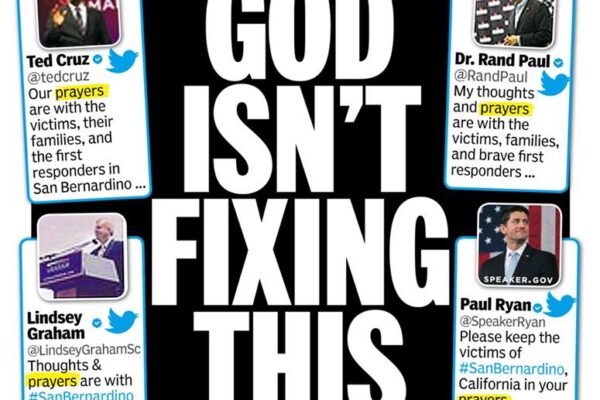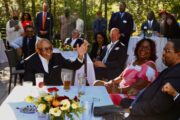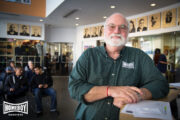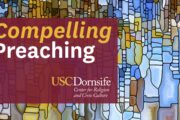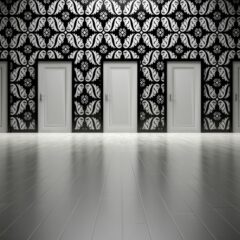A mass shooting in San Bernardino, California has sparked a debate about the appropriateness of prayer after such incidents. CRCC Managing Director Brie Loskota commented on the debate on KPCC’s Take Two.
Fourteen were killed and 17 were wounded in the shooting at a holiday party at the Inland Regional Center. The Los Angeles Times is providing live updates on the story.
Prayer isn’t just Americans’ first response after a tragedy; it’s their first response every day, Loskota said. Fifty-five percent of Americans say they pray daily. In the context of such tragedies, “prayer can be a way of people articulating that they care,” she said.
On social media, many reacted against the hashtag #prayforsanbernardino. Many prominent Republicans offered their thoughts and prayers to the victims of the shootings through Twitter, in contrast to Democratic calls for action on gun violence.
https://twitter.com/gzornick/status/672161954635624448
The New York Daily News released a cover with many of the Republican tweets and the headline “God Isn’t fixing this.” “As the latest batch of innocent Americans are left lying in pools of blood, cowards who could truly end gun scourge continue to hide behind meaningless platitudes,” the cover reads.
On @KPCC @taketwo now: @brieloskota discusses #prayforsanbernardino hashtag & why we #pray after shootings, disaster pic.twitter.com/OGc8FDnTtp
— USC Center for Religion and Civic Culture (@usccrcc) December 3, 2015
“Prayers is not supposed to be theologically treated as a get-out-of-action free card,” Loskota explained. “It’s when prayer is used as a way to stymie action or create passivity that I think people are reacting to its a hollowness.”
Most religions, she said, upholds both prayer and action two of the central tenets.
“The words in the Gospel Matthew, Jesus says, ‘I was hungry and you fed me,’ not ‘I was hungry and you prayed for me.’ There’s an impulse that is supposed to compel people to action, that they are empowered, through their sense of prayer and clarity that comes from it, to do good things in the world and to transform the world,” she said. “Religion is not treating prayer as magic. Humans still have obligations to transform the world.”
The larger debate takes place in the context of America figuring how how to grapple with its religious past and pluralistic future. “How do we find language to articulate what we believe and what we want to be as a society and as a whole in ways of having overtones of religion without being alienating,” Loskota said, noting that 21 percent of people who are not religious still pray.
Only those who are removed from tragedy can afford to be cynical, she concluded, quoting a survivor of the Rwandan genocide.
Click here to listen to the entire conversation.
Loskota was also quote on this Patheos blog and in the Huffington Post.
Meanwhile, Cecil Murray Center for Community Engagement Executive Director Rev. Mark Whitlock participated in a Council on American-Islamic Relations press conference, saying that now is not a time for hate. The suspects were Muslim, but a motive has yet to be determined. Local media including NBC News and the OC Register covered the event.
"This is not the time to further divide by race, creed, color": Mark Whitlock, Sr. Minister https://t.co/3iI15eTz5d pic.twitter.com/wxwXweuxBK
— NBC Los Angeles (@NBCLA) December 3, 2015
